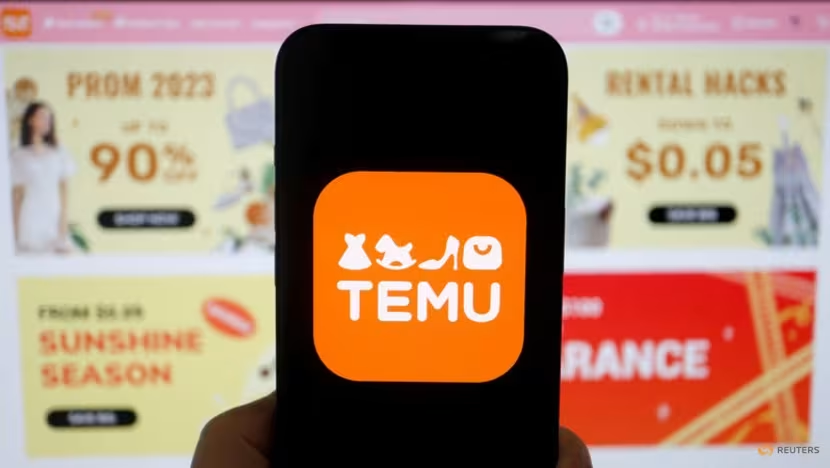If you’ve been closely following Chinese internet industry, you might notice a very interesting phenomenon:
Many companies use animals or plants in their logos, or as their product or company names.
Many argue that everything started with Tencent using a cute penguin as the logo for QQ, its famous instant messaging service in the desktop era:

What do we have now?
Let’s look at the travel category – these are some of the top OTAs and travel platforms. Do you see the animal connection:

Here are some of the top players in the live streaming category:

After Alibaba renamed Taobao mall to Tmall (天猫, or literally Heavenly Cat, in Chinese) and used cat as their trademark, other e-commerce players followed suit.
JD.com is now represented by a metallic dog, Suning.com a squarish lion, and Gome a kingly tiger.

Plants are omnipresent as well:

Why do you think is behind all these? Well, these names are instantly recognizable, easy to remember, and easy to spread to your friends.
Even those who do not use animal or plant names, they might still use such logos:

Now, since there are limited number of ‘good’ animals, and you can’t name your product after rats, locusts or weed, what happens if you run out of good (or at least neutral) animal or plant names?
—
Thanks for reading The Low Down (TLD), the blog by the team at Momentum Works. Got a different perspective or have a burning opinion to share? Let us know at [email protected].










![[Press Release] Southeast Asia’s food delivery spend reached US$17.1B with Vietnam achieving the highest growth](https://i0.wp.com/thelowdown.momentum.asia/wp-content/uploads/2024/01/Food-delivery-platforms-in-Southeast-Asia-2024-_MW_Jan-2024-2.jpg?resize=218%2C150&ssl=1)

![[New Report] Food delivery platforms in Southeast Asia (SEA) 4.0](https://i0.wp.com/thelowdown.momentum.asia/wp-content/uploads/2024/01/Food-delivery-platforms-in-Southeast-Asia-2024-_MW_Jan-2024-2.jpg?resize=100%2C70&ssl=1)
![[New report] Southeast Asia spends US$3.4 billion on modern coffee in 2023](https://i0.wp.com/thelowdown.momentum.asia/wp-content/uploads/2023/11/Coffee-in-Southeast-Asia_MW_Nov-2023-1.png?resize=100%2C70&ssl=1)
![[New report] Apples to Apples 3.0: Benchmarking major tech platforms – what’s next after achieving profitability?](https://i0.wp.com/thelowdown.momentum.asia/wp-content/uploads/2023/09/Apples-to-Apples-3.0_benchmarking-major-tech-platforms_whats-next-after-profitability_MW_Sept-2023-7.jpg?resize=100%2C70&ssl=1)






